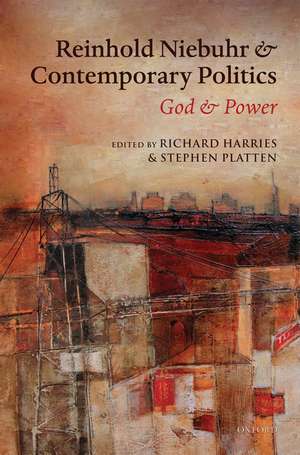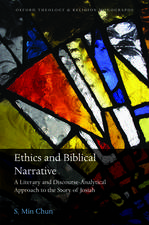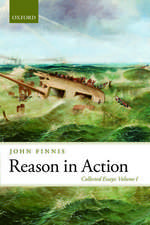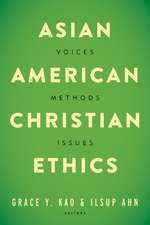Reinhold Niebuhr and Contemporary Politics: God and Power
Editat de Richard Harries, Stephen Plattenen Limba Engleză Hardback – 25 mar 2010
Preț: 862.13 lei
Preț vechi: 1240.46 lei
-30% Nou
Puncte Express: 1293
Preț estimativ în valută:
164.96€ • 172.24$ • 136.53£
164.96€ • 172.24$ • 136.53£
Carte tipărită la comandă
Livrare economică 25-31 martie
Preluare comenzi: 021 569.72.76
Specificații
ISBN-13: 9780199571833
ISBN-10: 019957183X
Pagini: 274
Dimensiuni: 161 x 241 x 22 mm
Greutate: 0.56 kg
Ediția:New.
Editura: OUP OXFORD
Colecția OUP Oxford
Locul publicării:Oxford, United Kingdom
ISBN-10: 019957183X
Pagini: 274
Dimensiuni: 161 x 241 x 22 mm
Greutate: 0.56 kg
Ediția:New.
Editura: OUP OXFORD
Colecția OUP Oxford
Locul publicării:Oxford, United Kingdom
Recenzii
This transatlantic collection focuses more narrowly on Neibuhr's political importance, though the essats support the subtitle's implicit claim that Neibuhr's politics are not properly understood without some reference to his theology.













